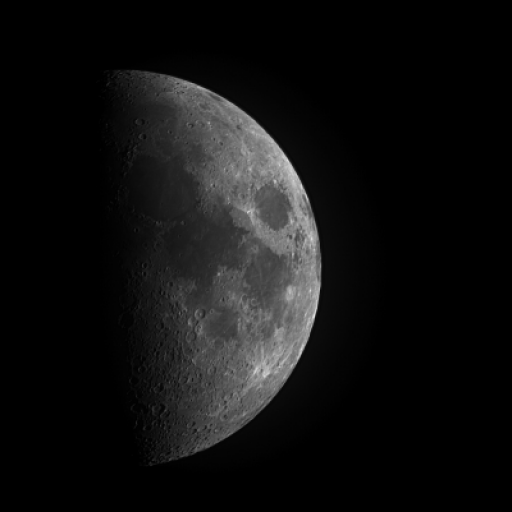Identity crisis is a fluid reality. Everyone is at once an insider and an outsider. Today’s friend could be tomorrow’s enemy.
We were fortunate that our Std X Marathi curriculum included Vinda Karandikar’s insightful essay, ‘Aatale ani Bahairche’ (insiders and outsiders). It is a telling parable illustrating identity crisis.
The author recounts the dreaded but unavoidable local train commute familiar to most Mumbaikars.
He tries desperately to get into a train. The occupants of the compartment, already reeling from being packed like sardines, collectively block the entrance to prevent more people from entering.
Karandikar misses this train and the next. Somehow, he fights his way into the third. The existing commuters resent him initially but eventually they have no choice but to tolerate him. Karandikar, triumphant at his victory in being able to get in, makes peace with whatever limited space he has.
The next station is but a few minutes away. A fresh batch of people tries to enter the compartment. Predictably, the existing occupants resume their collective defence against the invaders. Surprise, surprise, Karandikar finds himself contributing to the effort too.
It suddenly dawns on him. In an instant, he had transformed from being an unwanted ‘outsider’ to an integral ‘insider’.
Who are we?
This tale has resonance with the human concept of identity, society and even patriotism. We guard our individual and societal identity zealously. But little do we realise that both identities are highly fluid. We derive our identity from merging it with our immediate society and often by rallying against an ‘outsider’, ‘enemy’ – real or imagined. Apes behave similarly.
The same ethnic people (Sakas, Scthyians, Bactrians) came across the Himalayas 4,000 years ago as did they a 1,000 years ago. Only, the first pre-Islamic group was absorbed into Indian society as Hindus, Buddhists and Jains and the latter regarded as invading Muslims.
The same people who arrived 4,000 years ago were also dubbed ‘Aryan invaders’ by the ‘Dravidians’. But wouldn’t the ‘Dravidians’ have been so vilified by the ‘Adivasis‘?
Everyone takes pride in their language. Linguistic nationalism is a reality. Different linguistic groups might fight to the death to establish supremacy. But wouldn’t they also come together if someone spoke the magic word ‘Hindu’?
What of countries? Our brave soldiers die guarding borders due to their unshakeable belief in patriotism and duty. So do Pakistani soldiers. None of them exhibit an identity crisis.
But what if an alien race threatened to invade both countries. Would a new unity and a new identity matrix be created?
Absolutely.
If you found this interesting, stay connected here




Recent Comments